On the afternoon of March 25, 2024, the 40th Climate Change Global Lecture was held at the Institute for Carbon Neutrality, Tsinghua University. Mallika Ishwaran, Chief Economist of Shell Group, gave a lecture titled “Energy Security Scenario Analysis.” The lecture was hosted by Professor Li Zheng, Chief Scientist of the Climate Change and Carbon Neutrality Strategic Research Center at the Institute for Carbon Neutrality, and Dean of the Institute of Climate Change and Sustainable Development, Tsinghua University. Over 300 faculty and students attended the lecture both in-person and online.

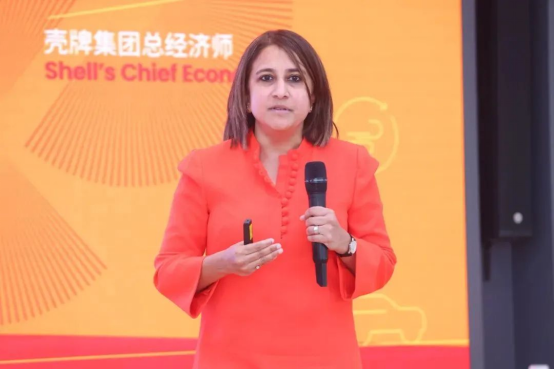
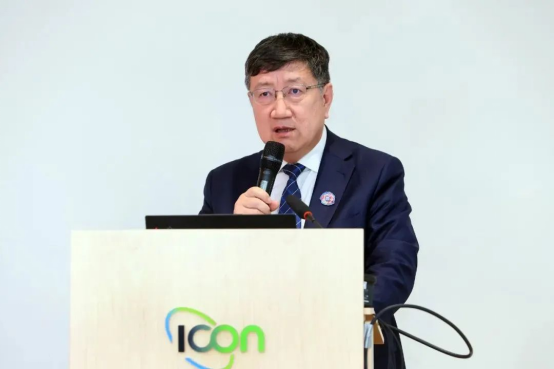
Mallika first introduced the overall picture of current world development. Under the influence of three key trends - fluctuating energy prices, rising temperatures, and technological advancements, the energy transition behaviors of countries around the world can be roughly divided into four types: economically developed but lacking resources (such as EU countries), resource-rich and relying on technological innovation (such as the United States and Saudi Arabia), relatively limited in resources and finances (such as Brazil and India), and relatively limited in resources but able to rely on large market volumes to drive innovation (such as China). Against the backdrop of heterogeneous transition models in various countries, the future energy security can be achieved through common interests or through self-interest, which will have different impacts on global energy transition. This leads to the introduction of two different energy security scenarios: Sky 2050 scenario and Archipelago scenario.
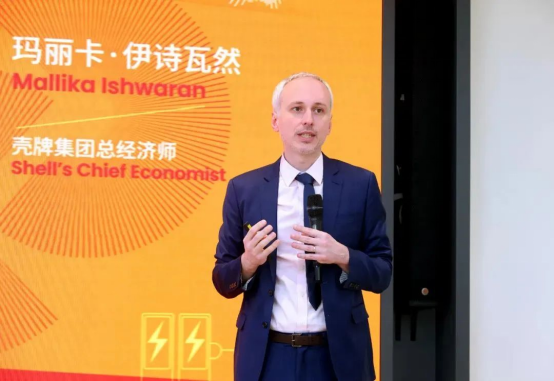
Following that, Mallika invited Georgios Bonias, Senior Energy Analyst at Shell’s Global Strategy Department, to specifically introduce the two scenarios and analyze the differences in global energy transition in terms of electrification rate, growth of renewable energy, new fuels, primary energy demand, etc. Although the global energy transition paths under the two scenarios differ in various aspects, low-carbon development and even achieving zero carbon emissions are inevitable trends in both scenarios. Finally, Mallika concluded that there is still much work to be done in the future for global climate change mitigation, including developing policy frameworks, investing in infrastructure construction, promoting climate financing, etc. Achieving a virtuous cycle in energy transition still relies on active global cooperation.

After the speech, both online and offline students actively asked questions, and Mallika and Bonias responded to their questions respectively.
Professor Li Zheng thanked the Shell Scenario Research Institute for providing a wealth of important information, which has provided detailed reference materials for learning and research, helping to enhance everyone’s understanding and judgment of the future development trends and outcomes of society as a whole. Finally, Professor Li Zheng presented Mallika with a commemorative plaque for the lecture hall, and this session of the Climate Change Global Lectures concluded successfully.
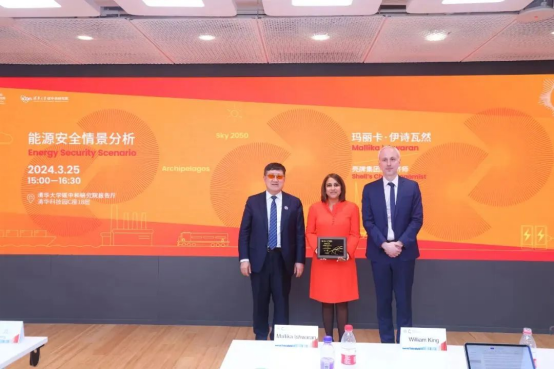
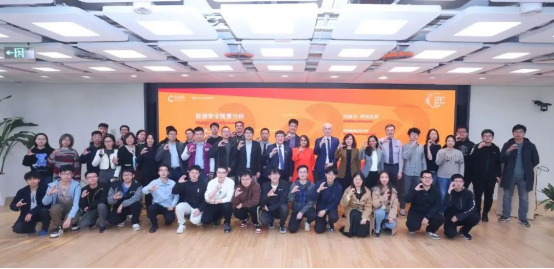
 Latest recommendations
Latest recommendations


